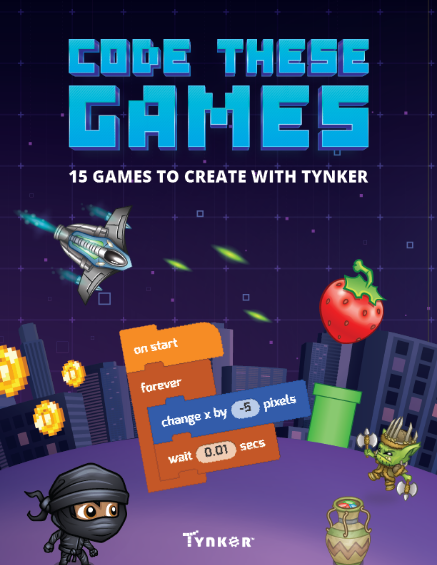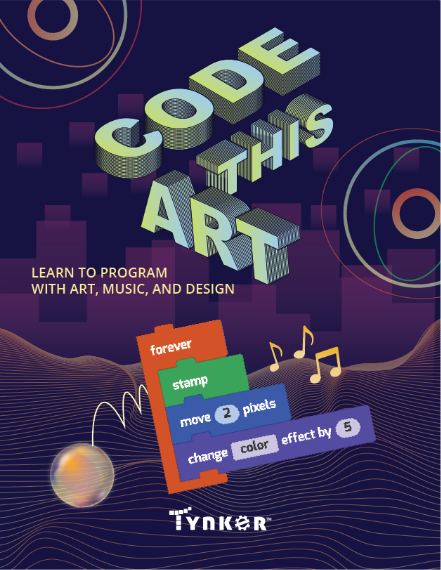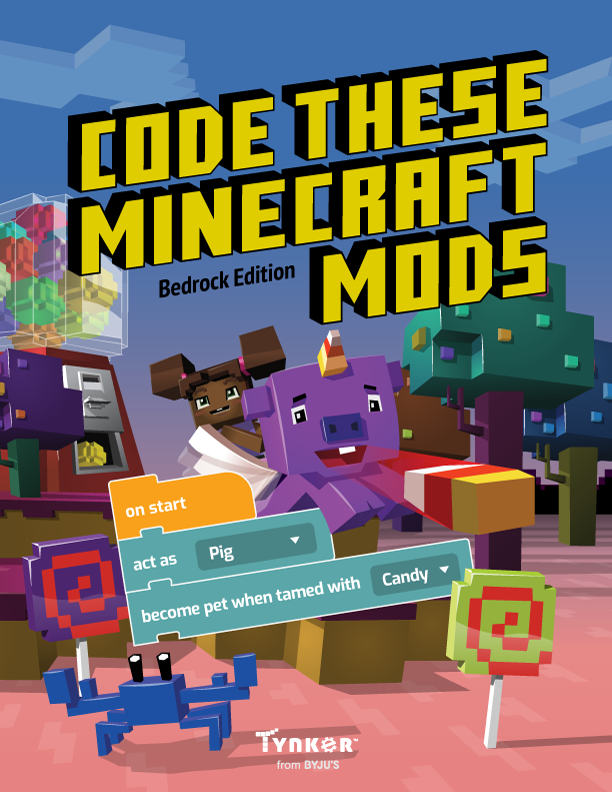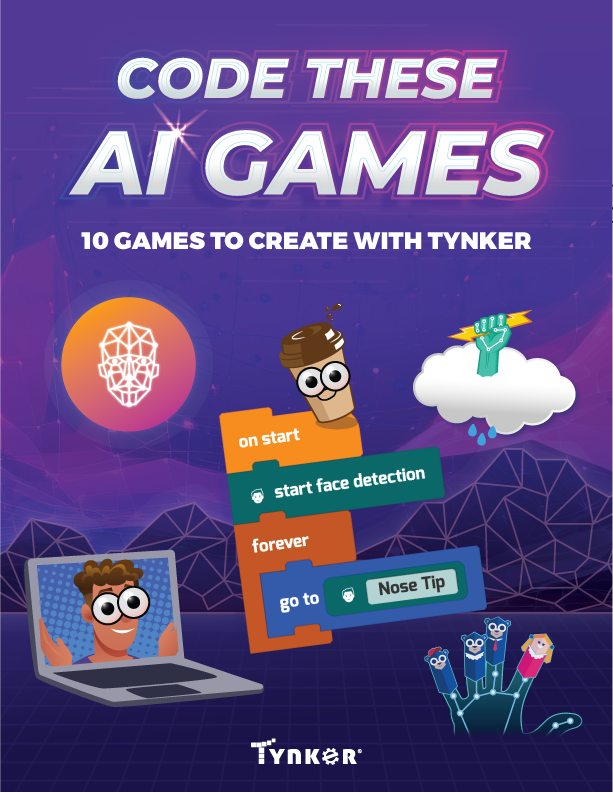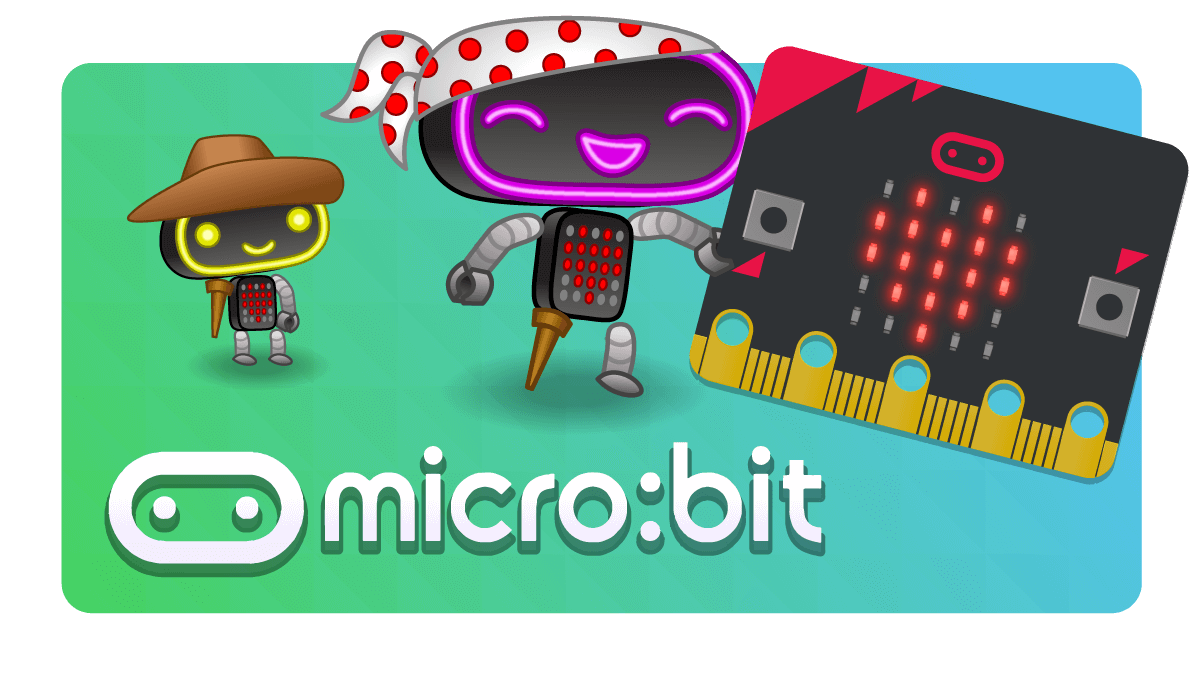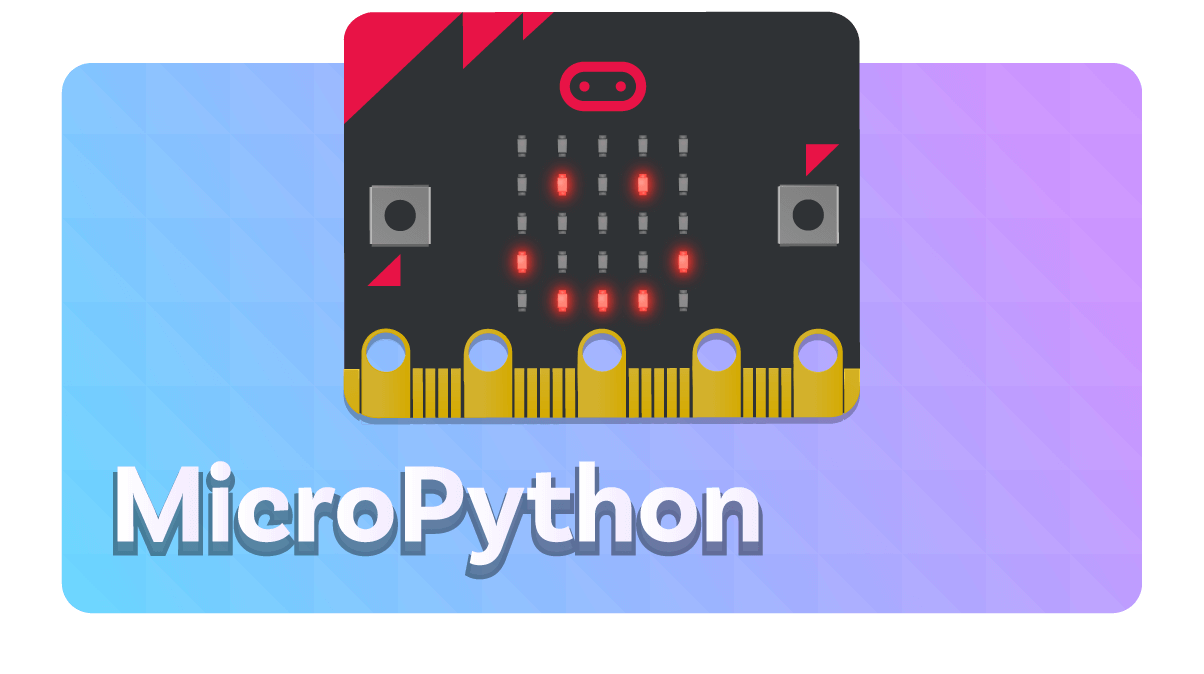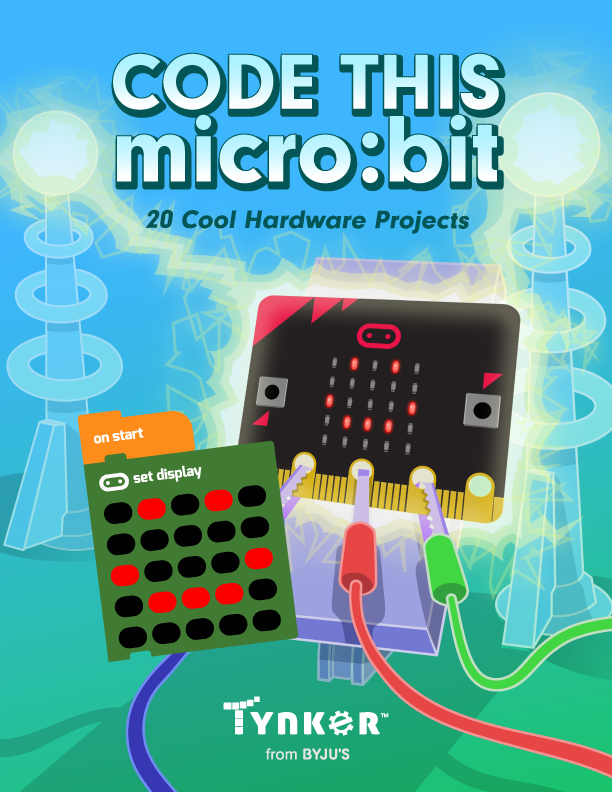
Code This micro:bit
Design. Code. Create. Kids will love this hands-on ebook! Over 100 pages of easy, step-by-step instructions. Complete 20 hardware coding projects that run right in your browser, with nothing to install.
What Kids Will Learn
Kids get hands-on with coding in a whole new way. They'll deploy programs to the micro:bit in a snap, with no software to install. These 20 projects will inspire them to invent their own amazing gadgets. This book is designed to let kids start wherever they like. They can choose a section that sounds interesting and explore it.
What's Required? The micro:bit device is not included with the eBook. It is required for these projects. Compatible with micro:bit versions 1 and 2.
What's Inside?
- Design, code, and create 20 hardware projects
- Easy step-by-step instructions
- All art assets included
Project Collection
Hands-on programming challenges help kids design and code these hardware projects using the micro:bit!
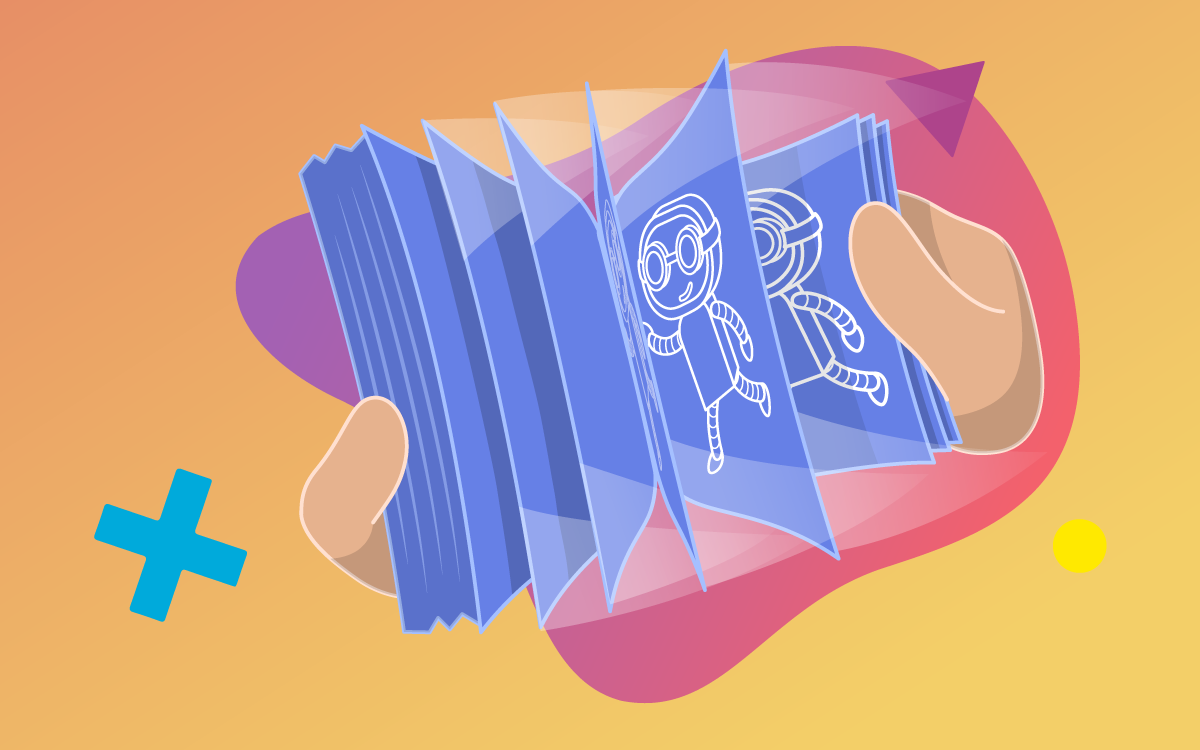
Digital Flipbook
Explore how you can create simple animations like a flipbook using microbit. Learn how to turn LEDs on and off.
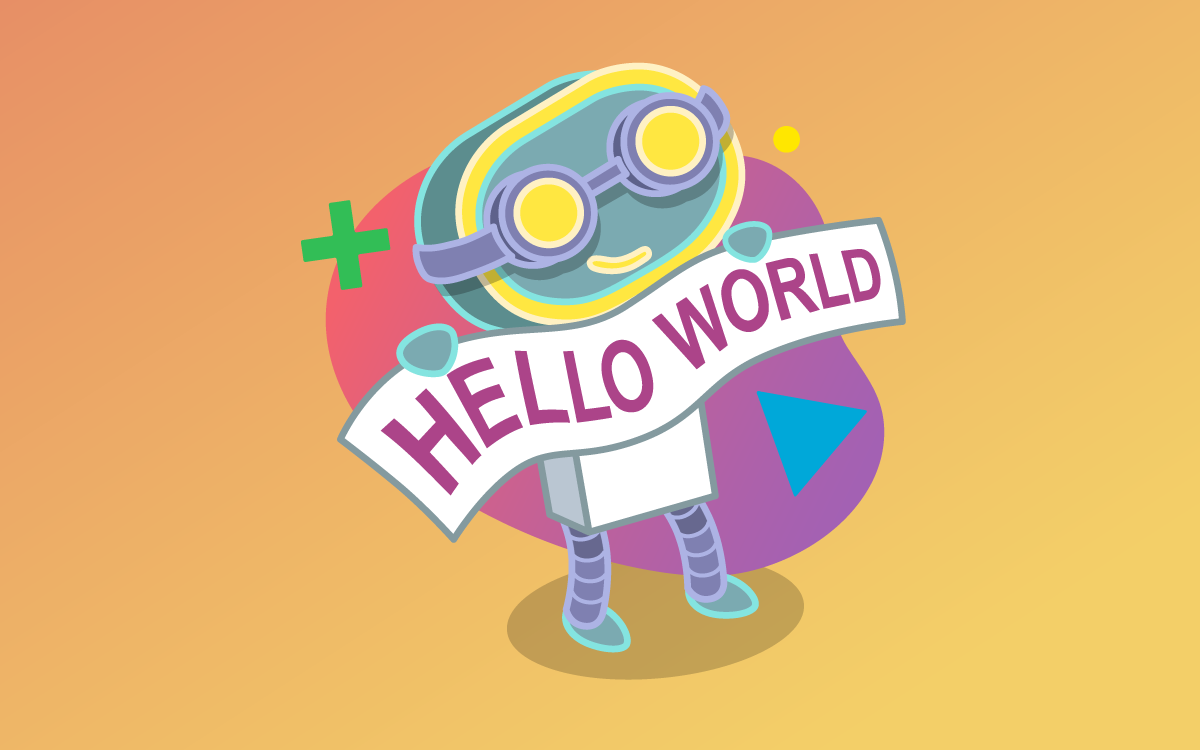
Hello World
Display text on your micro:bit and use its buttons to change your message.
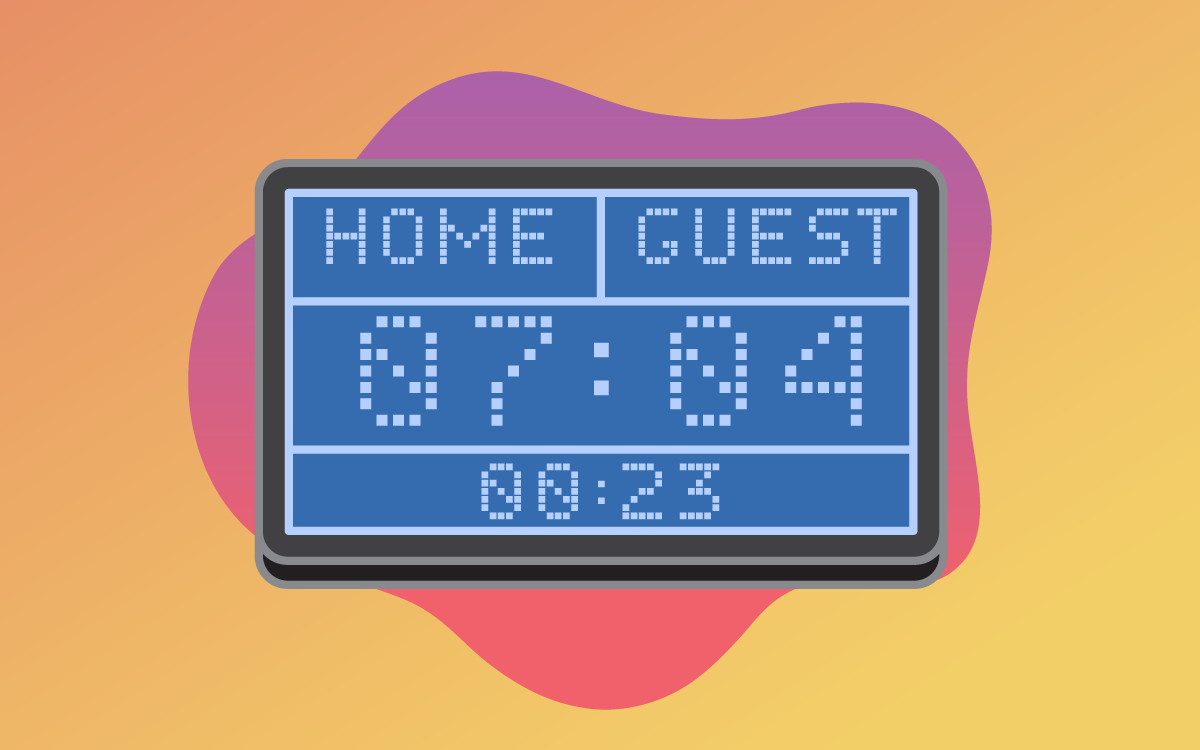
Scorekeeper
Write a simple scorekeeper app that keeps count of anything you like. One button increases the count, the other decreases the count — pressing both buttons resets it to zero.
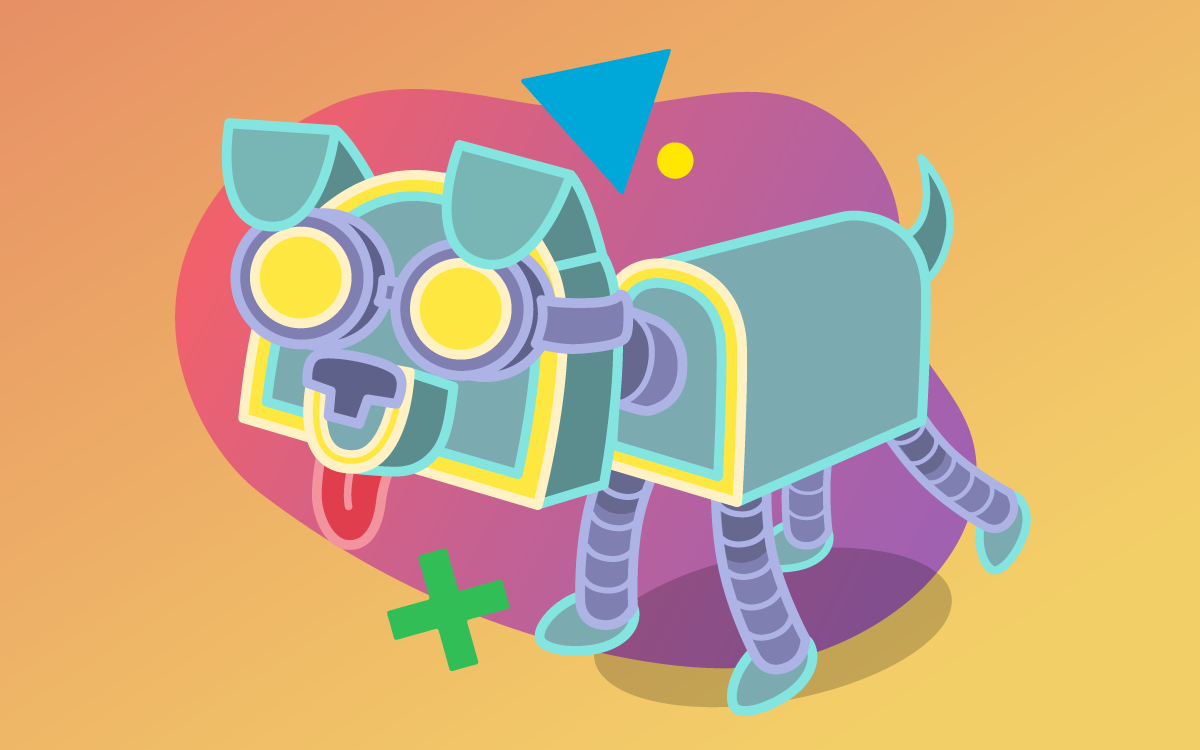
Virtual Pet
Write a program to control a virtual pet on the Tynker stage. One button of your micro:bit will give your pet a snack, the other will make them take a nap.
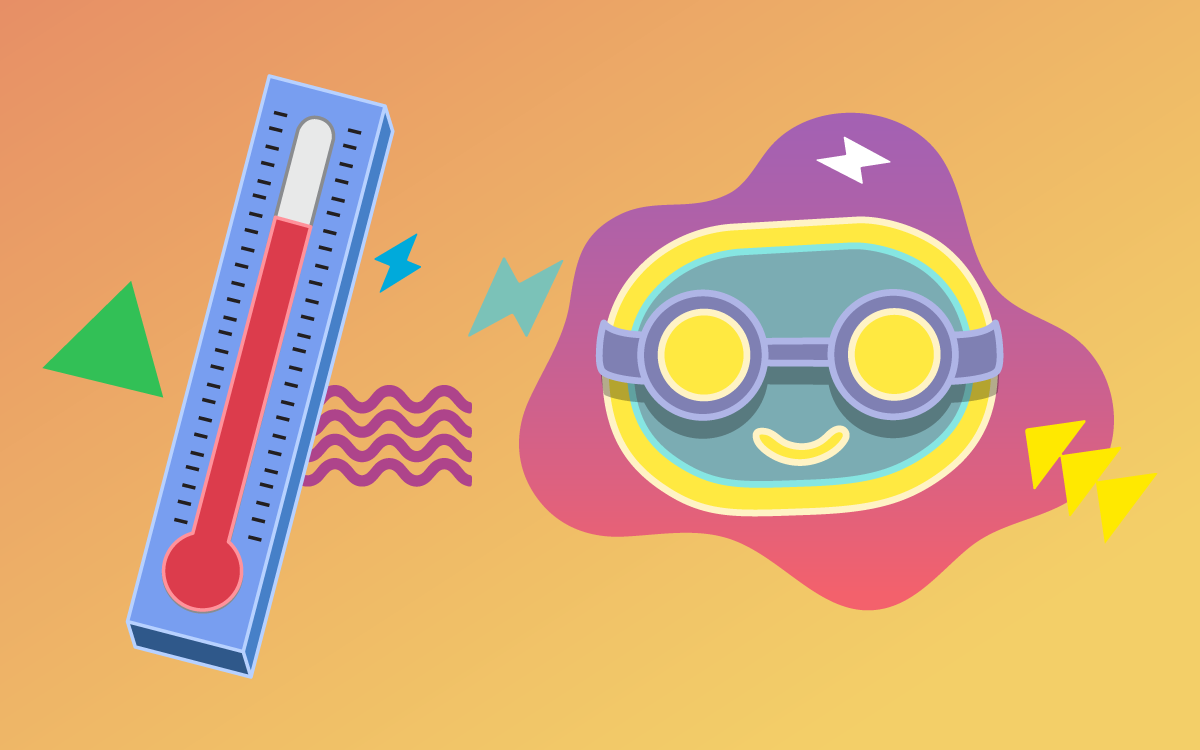
Emoji Thermometer
Program your micro:bit's display to react to changes in temperature. In this way, you'll create a simple and fun thermometer.

Coin Toss
Create a simple coin flipping application on your micro:bit.
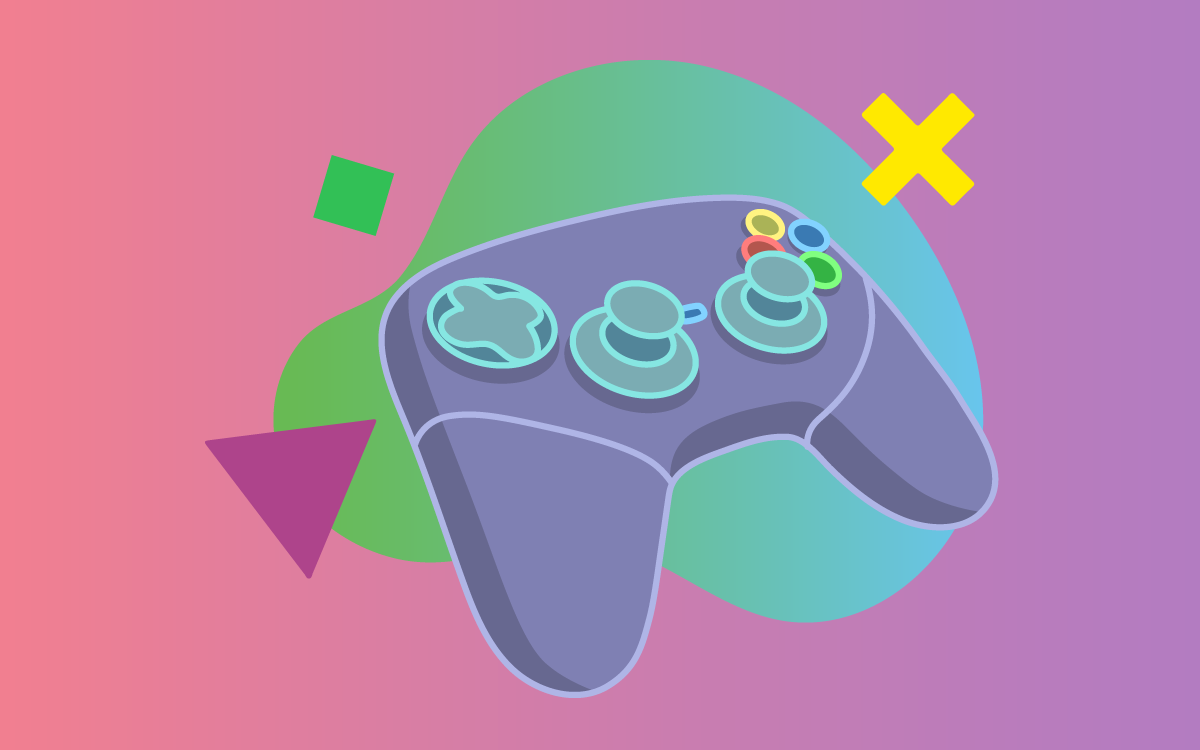
Game Controller
Make your micro:bit a gamepad for a simple game. Add tilt-based controls and steer using your micro:bit's accelerometer!

Fortune Teller
Learn how to use random number generation to create a fortune teller app. Are you feeling lucky?

High-or-Low Guesser
This simple number guessing game gives you a hint after each guess. Explore conditionals, relational operators, and random numbers in this game.

Loaded Dice
Create a dice rolling app of your own. Only you have the power to get "lucky rolls”!

Twinkle Twinkle
Learn how musical notation works in block code. Change the notes to play an entirely different song of your choice. Add rests, change the tempo, and more.
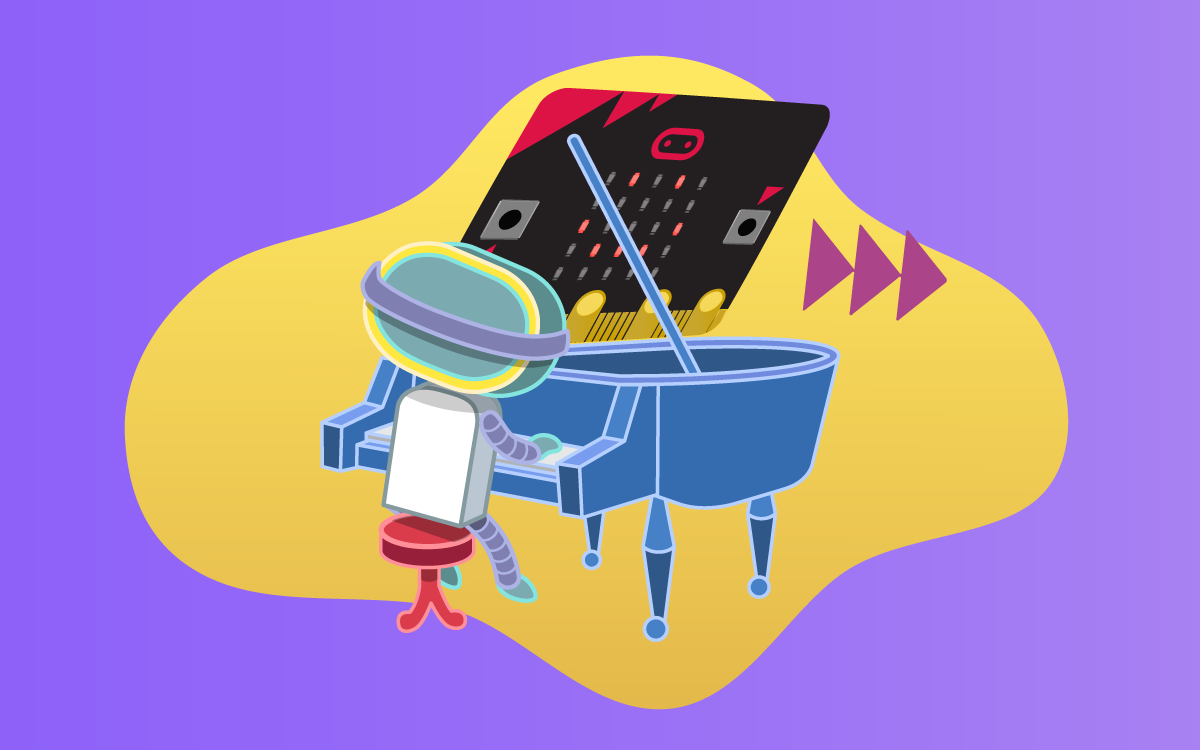
Rising Gliss
A glissando is when you glide your hand up or down a piano, hitting each key as you go. This would be a nice sound effect for a powerup!
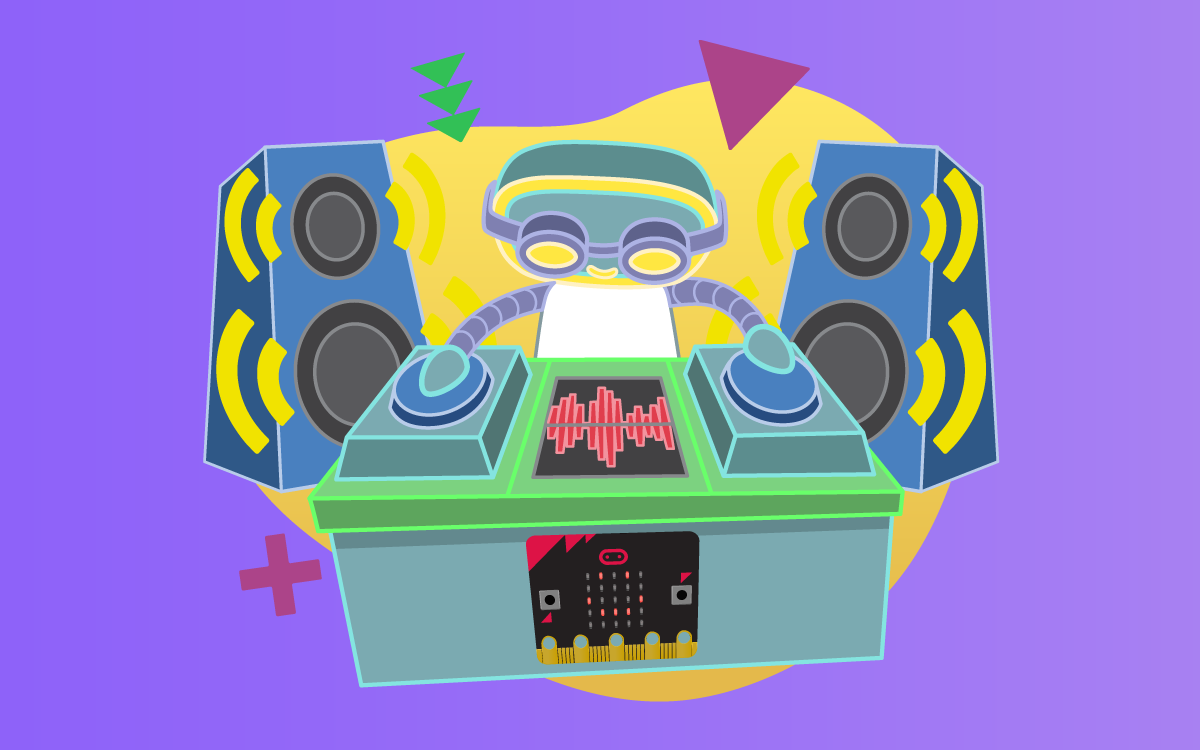
Falling Frequency
Explore how to create sound effects using the play frequency blocks. Frequency is another way of measuring sound waves, just like musical notes.

Slide Whistle
Recreate the classic noisemaker using your micro:bit.

Racing Heartbeat
This hair-raising project increases the speed of a sound effect over time. Can you change the pitch too, to make it sound even scarier?
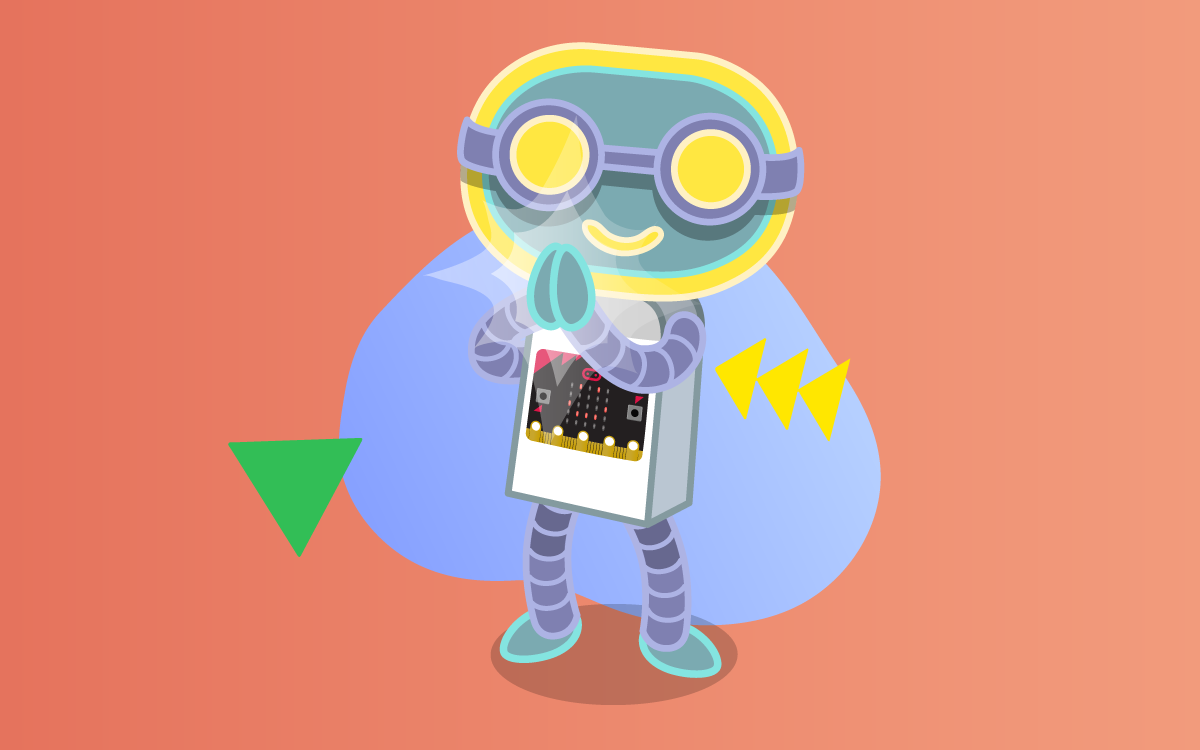
Clap On, Clap Off
Create a sound-activated switch that turns a circuit off and on, using the microphone's sensor.
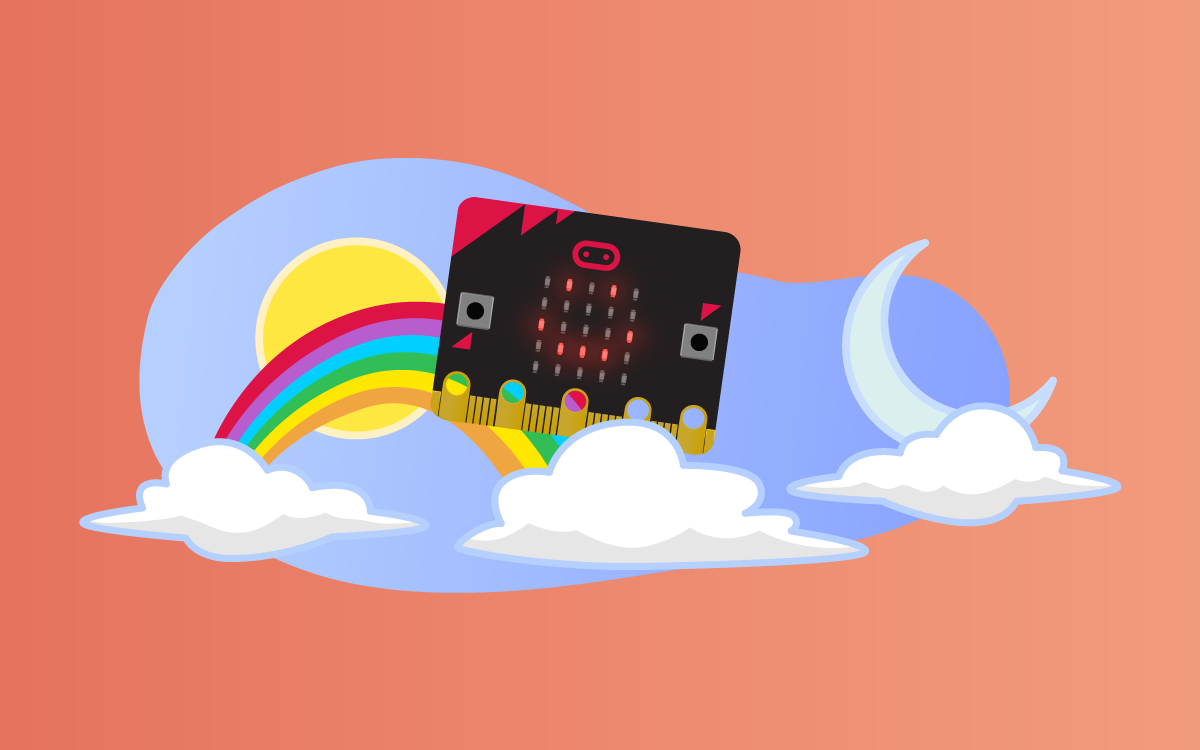
Sunrise, Sunset
Create an interactive scene that responds to changes in the environment. The scene changes to day, afternoon, and night based on the light detected!
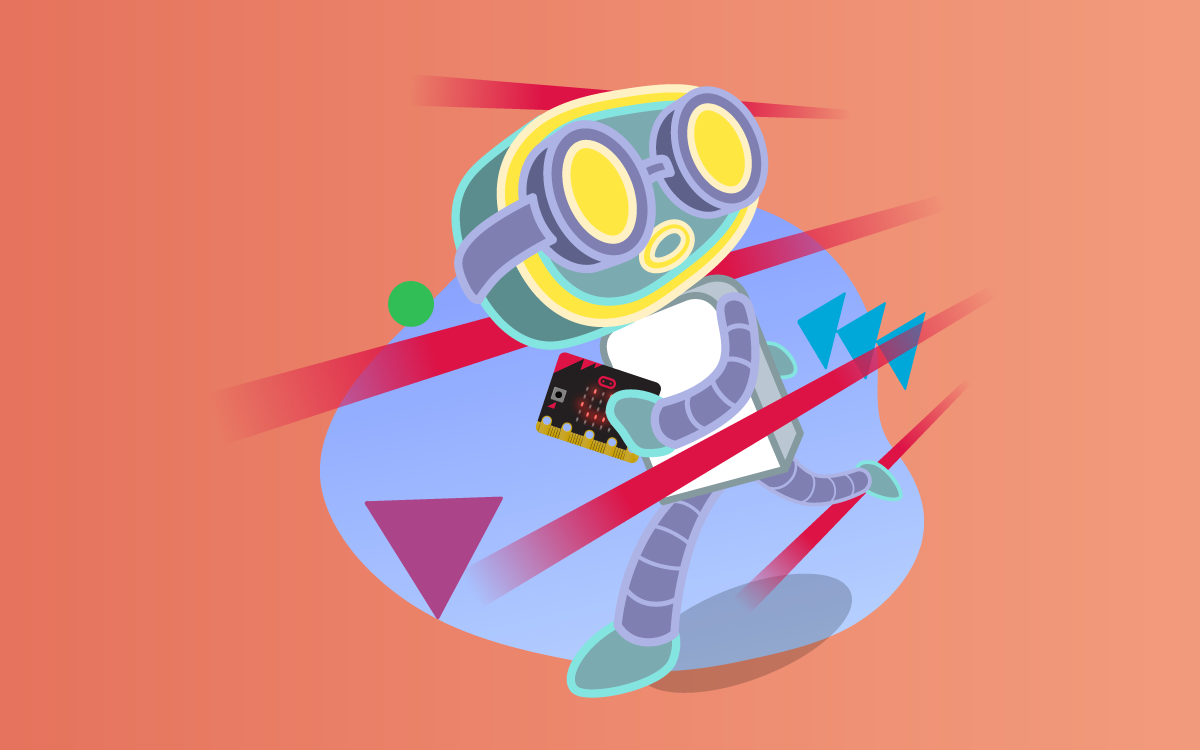
Proximity Sensor
Proximity sensors detect how close or far an object is by sensing light values. Create a noisemaker whose frequency depends on the distance between your micro:bit and your hand!
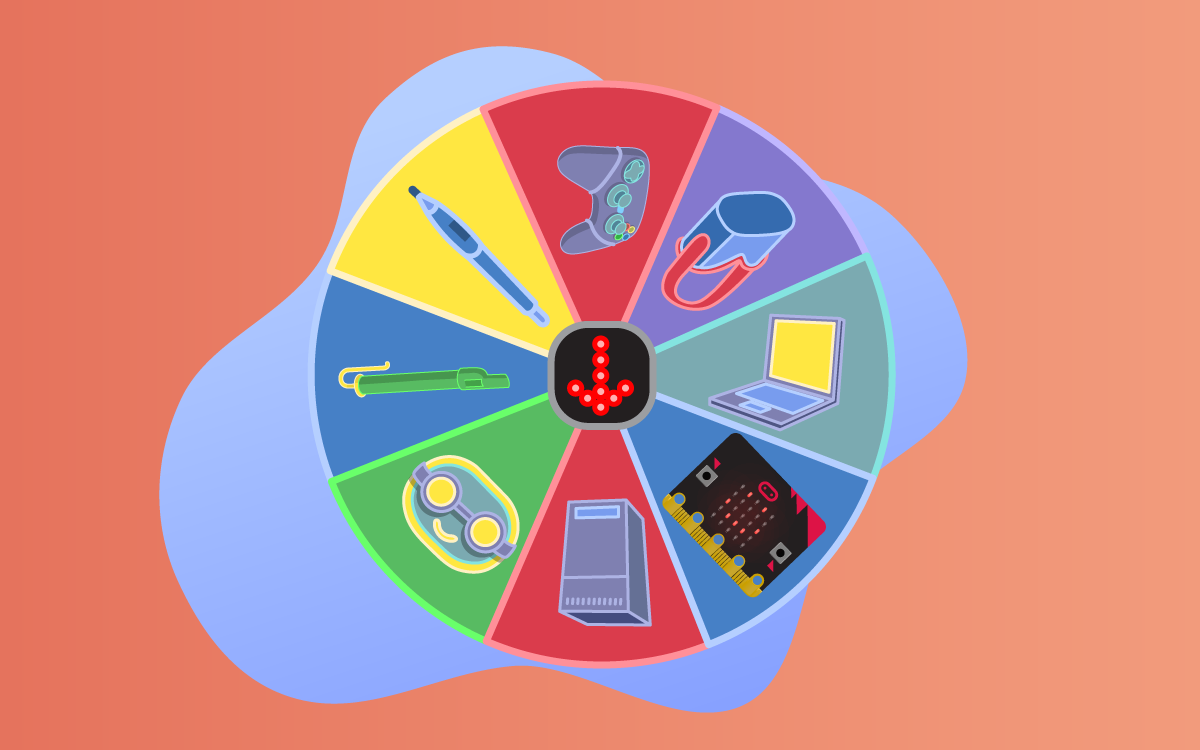
Lucky Spin
The wheel of fortune is a common sight at fairs and festivals. In this micro:bit version, a tone plays as the wheel spins, until you get your lucky result!

Laser Blast Game
Explore a two-player game that makes use of the micro:bit's radio. Blast your friend with a laser and avoid getting blasted yourself.
